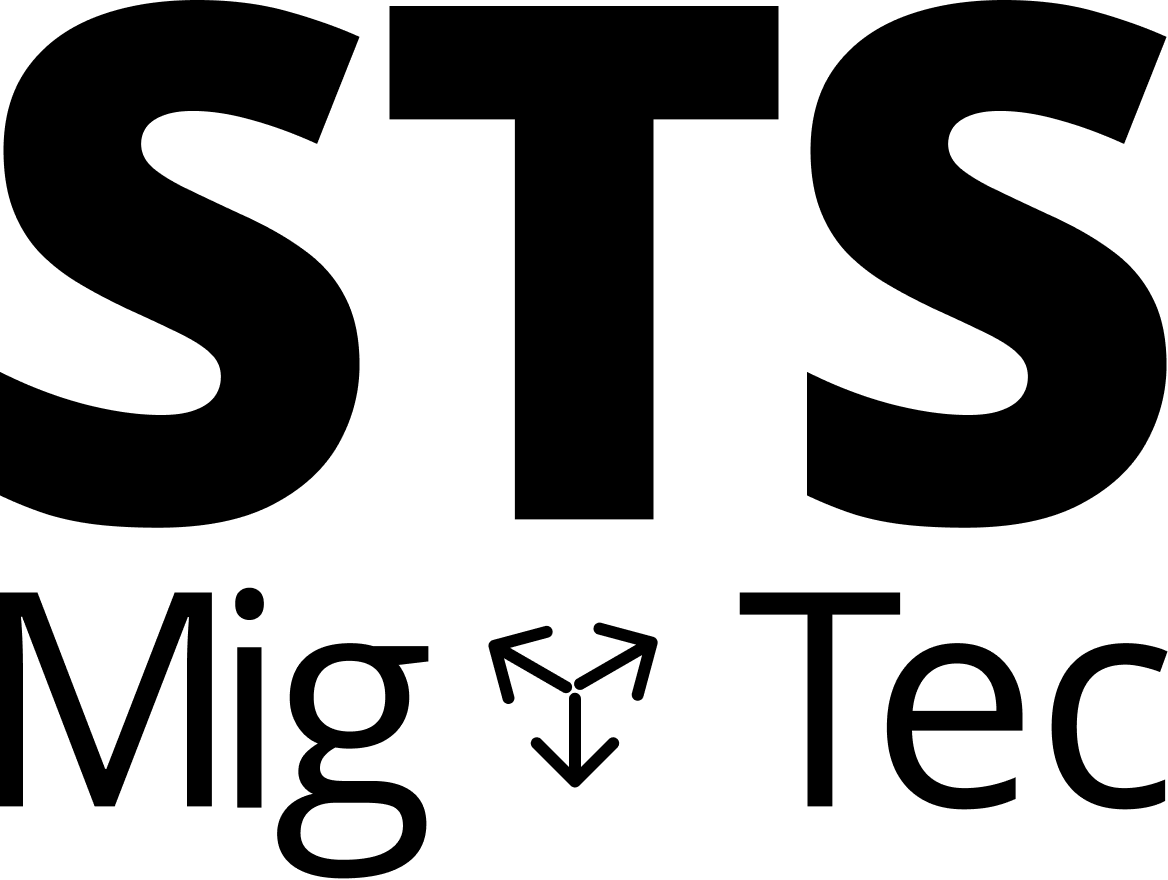Roundtable:
Darcy Alexandra (University of Bern), Andrew Gilbert (Humboldt-Universität zu Berlin), Jonathan Austin (University of Copenhagen)
Moderation:
Nina Amelung (ICS-ULisboa)
Inspired by emergent discussions in Science and Technology Studies (STS) on experimental collaborations (Estalella and Criado 2018; Lippert and Mewes 2021), and making and doing (Downey and Zuiderent-Jerak 2021), this roundtable will focus on alternative co-creative research and dissemination strategies that have the potential to reach beyond the walls of academia and intervene in broader public discussions. Our quest for multi-modal collaborations and interventions has the primary scope to widen the reach of Migration and Border Studies scholarship and to facilitate knowledge production with societal partners such as media makers, artists and engagement with wider publics.
Organised by:
Pedro F. Neto and Nina Amelung (ICS-ULisboa) and Ildikó Z. Plájás (University of Amsterdam)
Hybrid event. For attending online contact migtec.website@gmail.com by November 26, 2023.
Speakers:
Darcy Alexandra: Multi-modal Engagement as Accompaniment
(National Science Foundation researcher and lecturer at the Institute of Social Anthropology, University of Bern)
In this talk, I will take examples from my own practice to discuss multi-modality in the context of migration, borders and violence. From this framework, I will consider co-creative accompaniment as a productive way to conceptualize a multi-modal practice. In this way, I will think through critical challenges and affordances of multi-modal engagement, address the co-creative alliances that can be formed, and the pedagogical strengths of these approaches for emergent scholars.
Andrew Gilbert: Multimodal Appreciations
(Professor and co-director of the Stadtlabor for Multimodal Anthropology at the Institute for European Ethnology at Humboldt-Universität zu Berlin)
What are the possibilities of more-than-textual formats, like comics, for understanding migration, borders, and violence? How can a research-based comic or illustrated narrative constitute an intervention into a sociopolitical context? And if multimodal forms of research and communication contain such promise, how can we create a legitimate place for them within academia?
Jonathan Luke Austin: Multi-Modality, Political Subversion, and the Future of Social Science
(Associate Professor of International Relations at the University of Copenhagen and Director of the Centre for Advanced Security Theory)
In reactionary times, of violence and regression, how can social science cultivate a subversive political method to advocate for distinct - emancipatory - futures? Multimodality will be central to this task in its capacity to entangle knowledge, publics, and possibilities with different affective atmospheres, distinct emotional valences, and alternative cognitive modes. In this talk, I discuss three examples where this vision of a subversive multimodal engagement with the world has been deployed to speculate about different futures.

